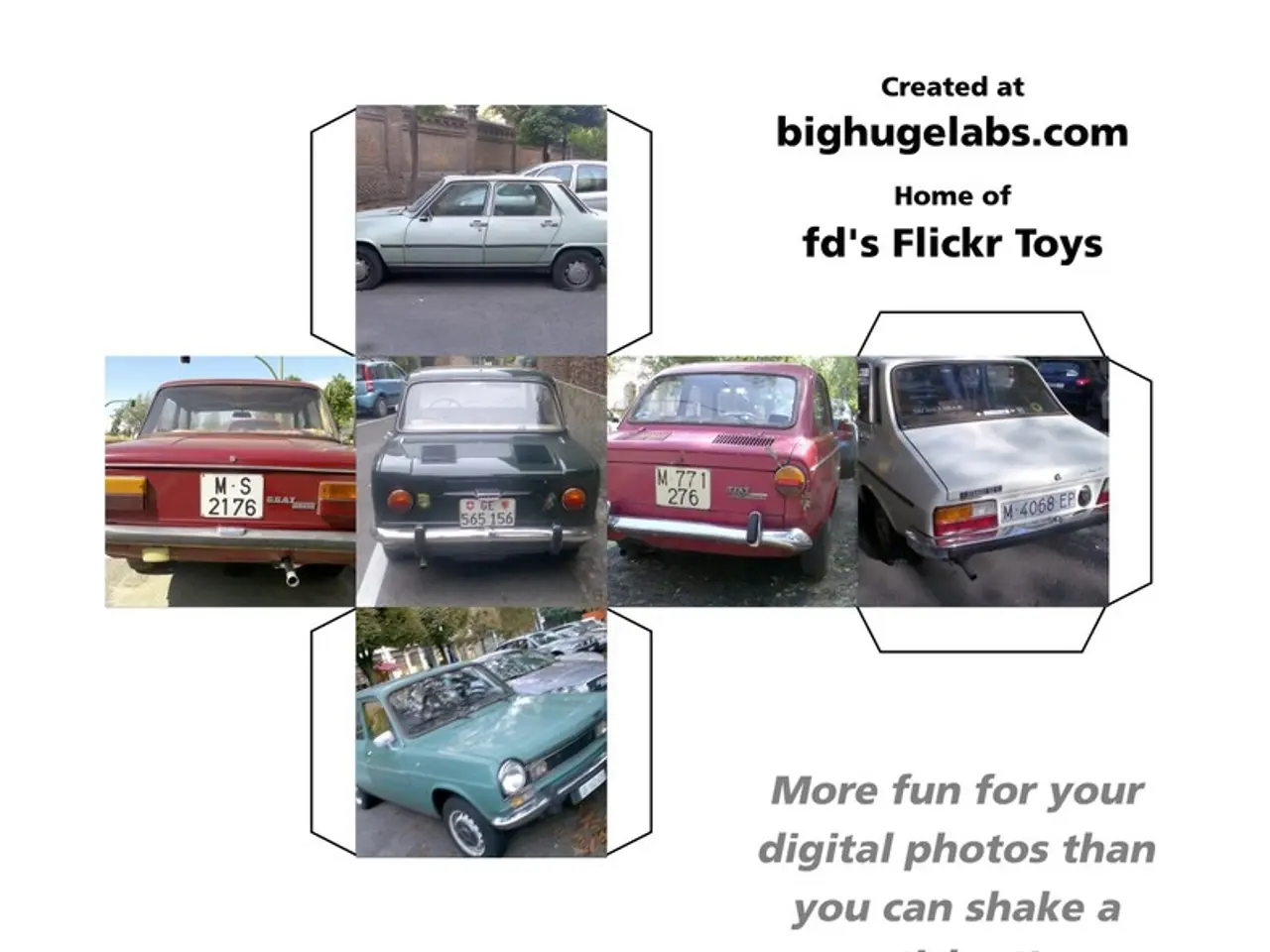Volvo Trucks Have Begun Electrifying Hefty Transportation Operations, Overshadowing Tesla's Semi Development
In the rapidly evolving world of electric vehicles (EVs), Volvo Trucks is making a significant impact in the electrification of heavy-duty transport. This Swedish multinational manufacturing company, although a separate entity from Volvo Cars since 1999, is spearheading the shift towards zero-emission vehicles in the European market.
The drive towards electrification in Europe is influenced by several key factors, including stringent CO2 emission regulations, government policies and mandates, infrastructure development, market readiness, and cost factors. Countries such as Norway and the Netherlands are leading the way with high battery electric vehicle (BEV) penetration, while others, like the UK and Germany, are showing slower growth due to policy changes and economic factors.
Volvo Trucks is capitalising on this trend by developing and deploying electric truck models designed to meet the rigorous demands of commercial and freight transport. The company's focus on advanced battery technologies, vehicle efficiency, reliability, and infrastructure compatibility is ensuring that their electric trucks are well-suited to a variety of applications.
Lars Stenqvist, Volvo Group's Chief Technology Officer, has stated that the company offers vehicles up to 44-ton tractor-trailer combinations suitable for regional haul, and will start producing vehicles optimised for long haul from next year.
However, the adoption of electric trucks in the UK is currently "very low", according to Stenqvist. He believes that usage-based incentives would stimulate the uptake of electric trucks, similar to the zero road tax for zero-emission vehicles in Switzerland, which he considers a smart move to encourage the adoption of electric vehicles.
Stenqvist is also optimistic about hydrogen as a potential solution for heavy goods haulage, particularly in India and the Middle East. He sees these regions as having a lot of potential for solar energy conversion to hydrogen. In the Middle East, he foresees hydrogen being transported on ships and pipeline distribution carrying ammonia or hydrogen directly, as a potential replacement for the region's current oil business.
Volvo Group is collaborating with Milence to deliver Megawatt charging for electric trucks, promising faster charging times for future electric trucks than the current demonstration of 684kW. The Energy Minister of Saudi Arabia also has a focus on solar energy being converted to hydrogen and exported, further supporting the potential growth of hydrogen as a viable fuel source for heavy goods vehicles.
While Stenqvist doesn't see methanol being a significant fuel outside of China for decarbonizing road haulage, he acknowledges that Volvo Group is also involved in the production of electric diggers and buses, with the latter having autonomous potential.
In conclusion, Europe's electric truck adoption is predominantly shaped by regulatory pressure, infrastructure expansion, policy incentives, and economic factors, while Volvo Trucks stands out through technological leadership and strategic alignment with these trends, driving the electrification of heavy-duty vehicles in the region.
- Volvo Group's Chief Technology Officer, Lars Stenqvist, is advocating for usage-based incentives in the UK, similar to Switzerland's zero road tax for zero-emission vehicles, to stimulate the adoption of electric trucks, which currently has very low usage in the country.
- Volvo Group, in collaboration with Milence, is working on delivering Megawatt charging for electric trucks, promising faster charging times for future electric trucks than the current demonstration of 684kW.
- Stenqvist is optimistic about hydrogen as a potential solution for heavy goods haulage, particularly in regions like India and the Middle East, where he sees a lot of potential for solar energy conversion to hydrogen, despite methanol not being a significant fuel for decarbonizing road haulage outside of China.
- Volvo Trucks, by focusing on advanced battery technologies, vehicle efficiency, reliability, and infrastructure compatibility, is ensuring that their electric trucks are well-suited for various applications in the evolving renewable-energy-driven industry, contributing significantly to the fight against climate-change and the environmental-science sector.




